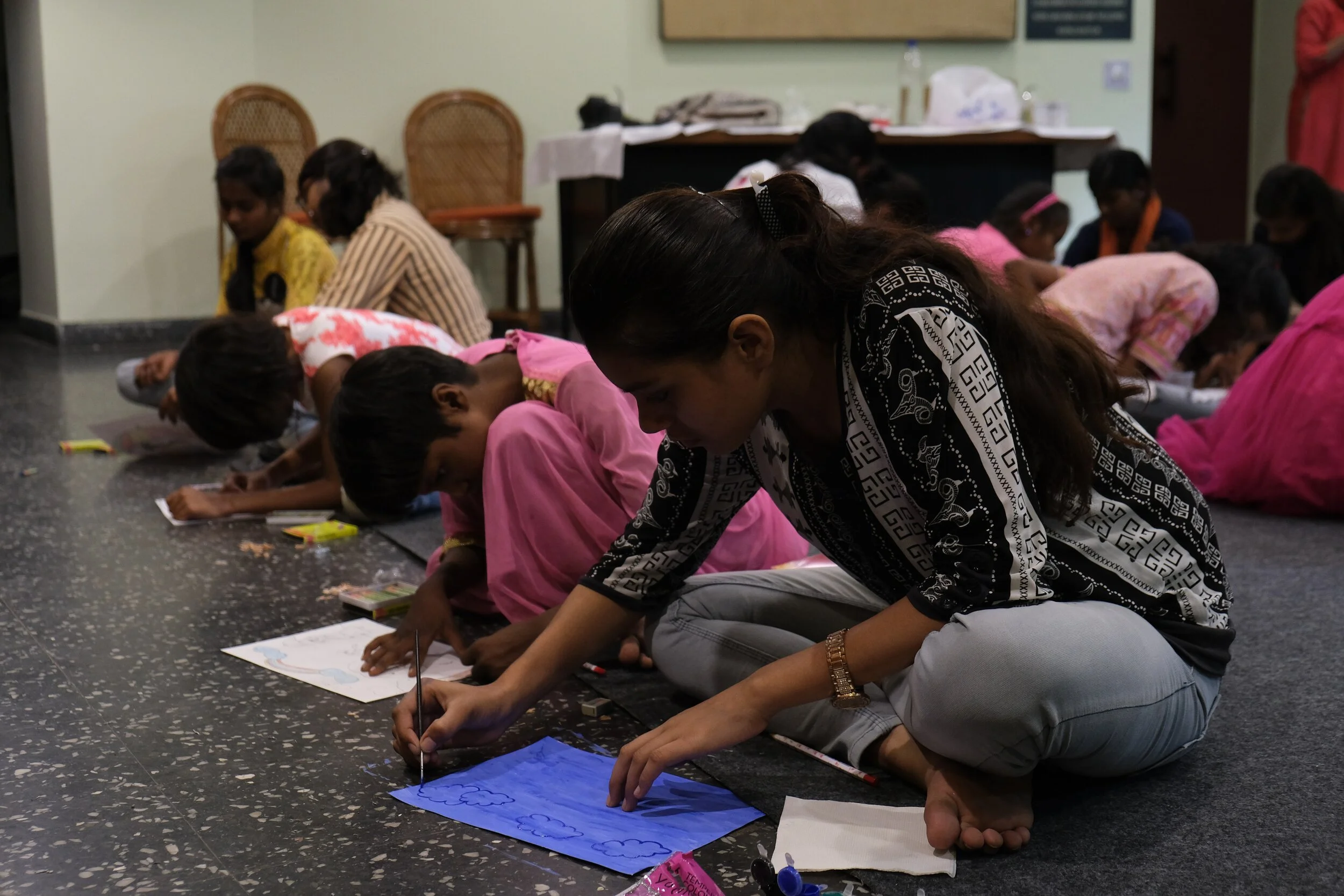A Guest Blog for Plan UK: Really reaching the most marginalised? The role of research in understanding the realities of girls’ lives
A guest post for Plan UK
www.plan-uk.org
In recent years, reaching the ‘most marginalised’ has become a hallmark of the international development agenda, and embedded in the Sustainable Development Goals (SDGs). The aim is to ensure that those who start furthest behind are not left behind. It’s a positive trend that is widely supported by a wide range of groups including civil society.
One of those most marginalised groups are girls. And they are burdened by a double discrimination.
Girls face it all: early and forced marriage, physical and sexual violence, sometimes they are denied their right to education and undertake significant work to support their households.
But the double discrimination arises because the specific needs of girls are often hidden in policy discussions. Let me explain. Girls fall into the category of ‘children’ - where the gender inequality they face is overlooked – as well as the category of ‘women and girls’, where girls’ specific needs and vulnerabilities related to their age are often not recognised. This is the nub of their double discrimination: they are both marginalised in society and often overlooked by policymakers.
Plan International UK’s most recent Real Choices, Real Lives cohort study report contributes to efforts to end girls’ double discrimination. By shining a light on girls’ lives across the world, it brings their voices and experiences to the fore so that they don’t fall through the cracks of programme design or policy making.
Real Choices, Real Lives is a longitudinal study tracking over 120 girls from their birth in 2006 until the age of 18 in 2024. Through this qualitative research, Plan International UK are increasing our understanding of how age, gender, and poverty interact in a girl’s life and influence her opportunities and outcomes.
In this year’s report, covering the year when the girls turn 12, the researchers have started to see how the girls are noticing and challenging their families’ and communities’ expectations of them in small ways.
Overall the report shows us that adolescence is a critical time for girls’ long-term outcomes. So, it is important that donors, such as DFID, implement programmes that meet girls’ practical needs, address the inequalities that girls face and empower them to continue to be change agents within their own communities.
The UK Government already has a track record of spending that specifically targets girls. The Girls’ Education Challenge programme, which operates in 15 countries and reaches over 2 million marginalised girls globally, is an excellent example of this.
But there is still further to go. DfID needs to prioritise girls’ rights and needs throughout all their programming if they are to genuinely reach the most marginalised. This is a big task. But the intention is there – as set out in DfID’s Strategic Vision for Gender Equality - and it starts with small steps.
For instance, among its next steps DfID could include a finance marker to actively track its spending on girls. Or DfID could build on its good work to date and focus more on better articulating and targeting the specific needs of girls as distinct from women, across its programming.
Whatever DfID choses to do, research, such as Plan International UK’s cohort study, will always be integral to helping the international development community really understand and reach the most marginalised.
About Plan UK
Plan International UK is a children’s charity. We strive to advance children’s rights and equality for girls all over the world.
We recognise the power and potential of every single child. But this is often suppressed by poverty, violence, exclusion and discrimination. And it’s girls who are most affected. Our Because I am a Girl campaign is a global movement that’s taking action to see a world that values girls, promotes their rights and ends injustice.
We encourage and help children take an active role in finding solutions to their problems and realising their rights and their full potential.





